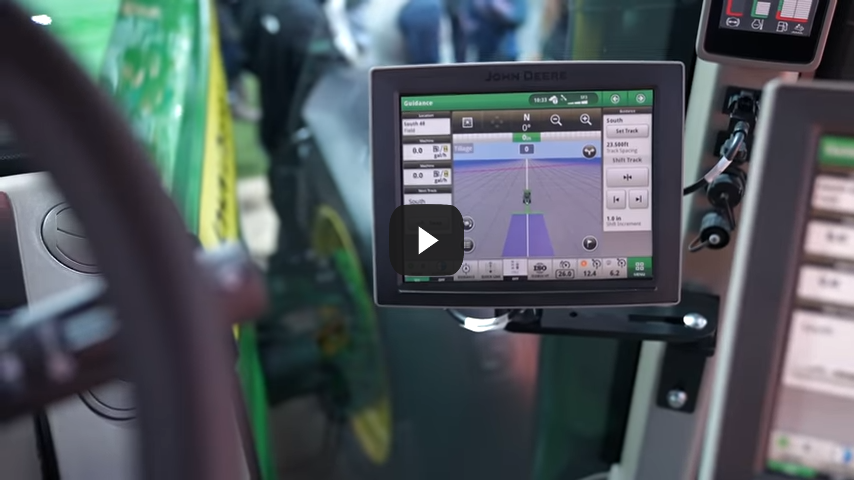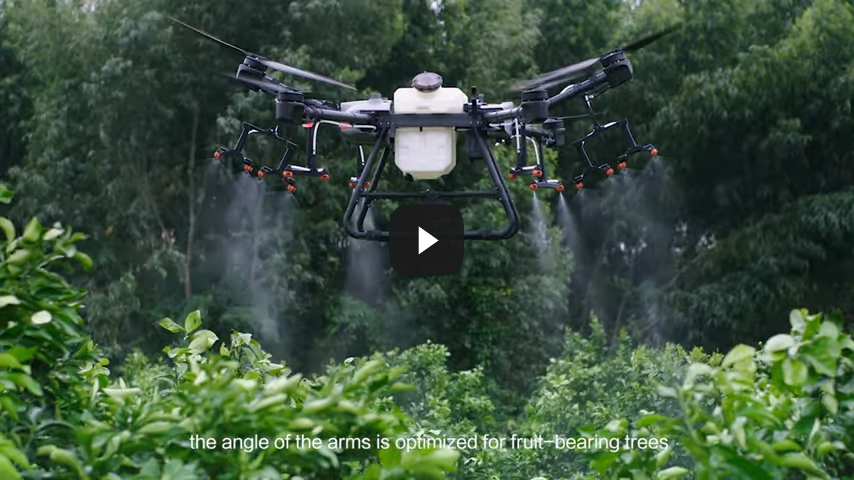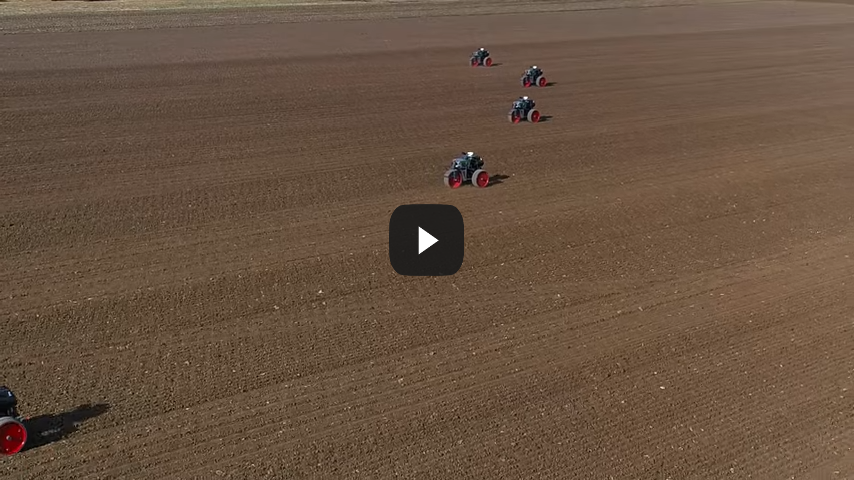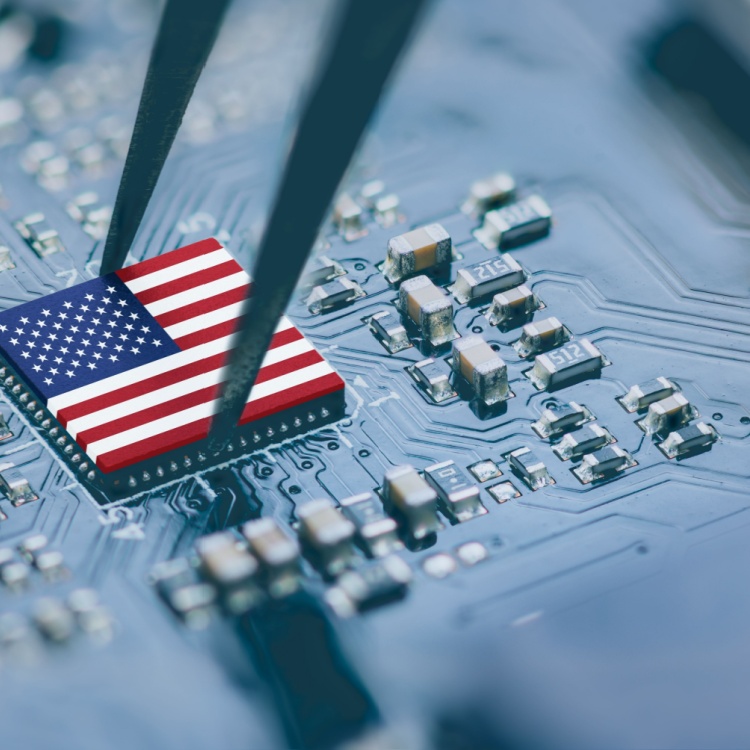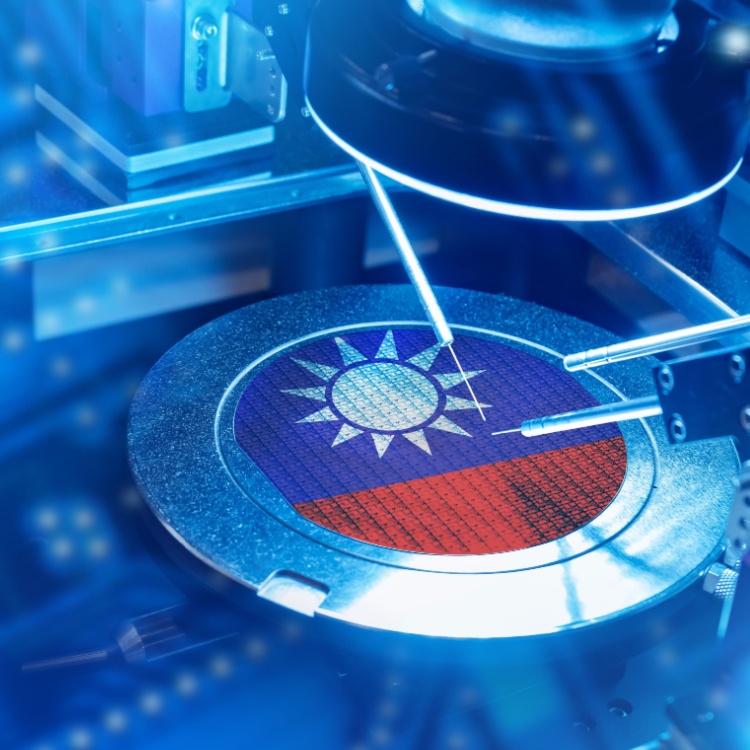How Autonomous Agriculture Is Transforming Our Farms
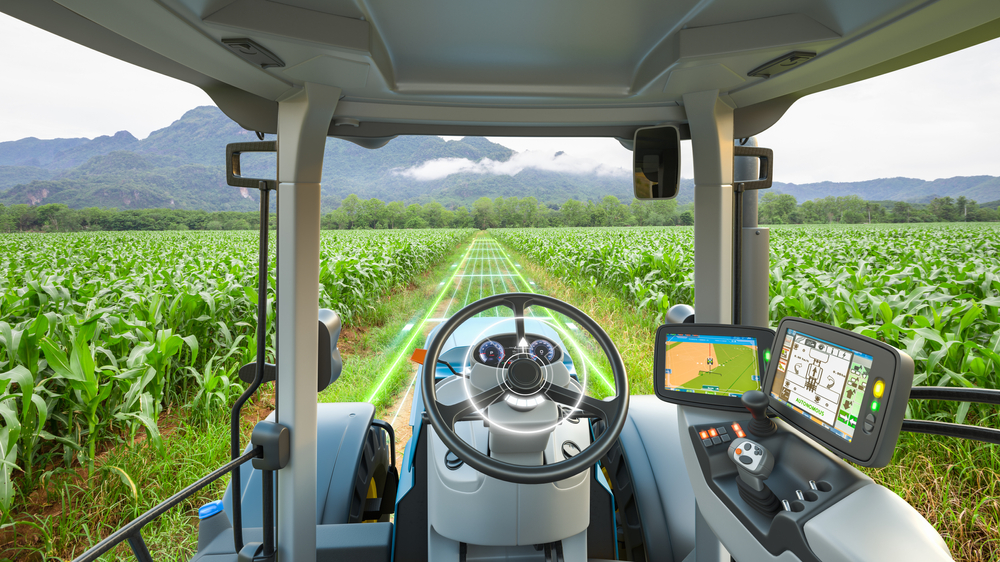
While the world’s need for food grows, fewer farmers work our lands. Making agriculture more productive, efficient, and sustainable is key to food security. How can autonomous technology cultivate a new era in farming?
By 2050, the world’s population is expected to reach 9.8 billion. Agricultural production will need to increase by 70% to meet the growing demand for food.
We rely on farmers to feed the world, but they are a declining and aging workforce at the mercy of climate change, water scarcity, and other disruptions. Farming requires constant monitoring of soil and crop health, machine operation and maintenance, and oversight of all aspects of crops and resources. It is a labor-intensive industry that requires physical stamina and endurance, plus strong organizational and management skills.
Farmers are the lifeblood of the human race, tasked with increasing output despite growing environmental and economic challenges. Autonomous farming technology can give them more accuracy and control, helping them optimize operations, improve productivity, and do more with less.
From sensors and specialized drones to robots and self-driving tractors, farming equipment manufacturers are harnessing information technology, artificial intelligence, and data analytics to feed the future.
Let’s take a look at these next-gen agricultural solutions.
Autonomous tractors
In 1837, American blacksmith John Deere developed the first commercially successful steel plow. Nearly two centuries later, the company he founded recently unveiled its first fully autonomous tractor, the Deere 8R.
The self-driving tractor is equipped with six pairs of stereo cameras that provide better depth perception and 360-degree obstacle detection. The images captured by the cameras are analyzed by a deep neural network, which can classify each pixel of each image in about 100 milliseconds. Should there be any obstacles or anomalies in the field, the Deere 8R will stop.
(Also read: 360° Vehicle Cameras: A Vision of Safety Made Real)
After configuring the tractor for autonomous operation, the farmer uses the John Deere Operations Center Mobile app to start the machine. The farmer can then leave the field to do other work and monitor the machine’s status from a mobile device. The app gives users access to live video, images, data, and machine performance metrics. Based on this information, the farmer can make adjustments to optimize performance. In the event of mechanical issues, the farmer will get an app notification.
Specialized drones
Famous for its videography and photography drones, Chinese manufacturer DJI has developed a line of agriculture drones for farming activities such as crop protection, spraying operations, field mapping, crop inspection, and mission planning.
The Agras T30 is a crop-spraying drone with a 30-liter spraying tank, a maximum payload of 40 kilograms, and 16 nozzles. With a spray width of nine meters, the T30 can cover 40 acres in an hour. The T30 has a transforming body and adjustable arms for greater penetration of the crop canopy, ensuring that more chemicals go where they are needed.
A spherical radar system eliminates blind spots, while automatic obstacle avoidance and adaptive flight functions help ensure safety during operation. The T30 has dual FPV cameras for front and rear views. Its searchlight allows for nighttime operations.
With the Smart Agriculture Cloud Platform, users can do cloud-based mapping of their orchards or farmlands to produce smart flightpaths. According to the product website, this platform comes with an AI recognition system to “patrol fields, identify growth, monitor disease or pests, and monitor agricultural conditions efficiently.”
(Also read: Ornithopters: Drone Tech Inspired by Nature)
Seed-planting robots
A swarm of seed-planting robots being developed by German agricultural machinery manufacturer Fendt could save farmers a lot of time and money.
Since 2017, the company has been conducting strategic research on swarm technology and robotics for labor-intensive and time-consuming farm work. Last October 2020, the company shared news about the latest generation of the Fendt Xaver.
Instead of four wheels, the Xaver robots now have three. These three wheels are larger, providing increased ground contact, clearance, and seeding depth precision. The robot’s seed tank capacity, now larger at up to 20 liters, is enough for around 0.5 hectares at 90,000 grains per hectare. The Fendt Xaver’s lithium-ion battery capacity has been increased to 2.6kWh, which is enough for about 1.5 hours of work before it needs charging. When empty, the machine weighs 150 kilograms.
The Xaver robots have been integrated with smart technologies. The VargioGuide lane guidance system controls the robots with centimeter-level accuracy. With the FendtONE platform, the robots can be managed with the rest of the machine fleet. Using the Fendt Xaver Cloud, the robots receive commands and send status reports. Because the system is web-based, the farmers can access individual robots or the entire fleet from an office computer or a tablet while in the field.
Equipped for 24/7 autonomous use, a swarm of six Xaver robots can cover around three hectares an hour.
“The cornerstones of our swarm system are scalability in terms of investment costs and impact, minimizing failure risks from robot redundancy, and integrating autonomy and precision farming,” shared Dr. Benno Pichlmaier, Director of Global Technology and Innovation.
“After sowing with the Xaver, it ‘maps’ all the useful crops in the field, and we can use this for all our follow-up work, such as plant protection, mechanical weed control, and fertilization. Regardless of whether this is done by robots or tractors,” Pichlmaier continued.
(Also read: How Robots Help the Food Industry Grow)
Feeding the future
There are more and more people to feed, but there are fewer farmers in the fields. To feed the world, we need technology and innovation to increase every farm’s output with less effort and less environmental impact.
As one of the Top 19 EMS companies in the world, IMI has over 40 years of experience in providing electronics manufacturing and technology solutions.
We are ready to support your business on a global scale.
Our proven technical expertise, worldwide reach, and vast experience in high-growth and emerging markets make us the ideal global manufacturing solutions partner.
Let's work together to build our future today.

